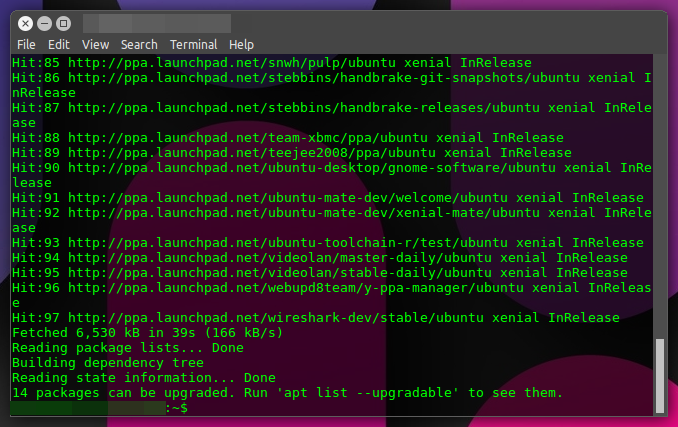DeaconFrost
[H]F Junkie
- Joined
- Sep 6, 2007
- Messages
- 11,582
I'm relatively new to the Linux world, in terms of doing more than just trying it out. I have a new build (bottom tower in sig) that is going to be a Linux gamer and learning machine. I have a laptop running Ubuntu 18.04 that works well.
In a corporate setting, we use CentOS 7 as our Linux standard. I've set it up primarily as a server on 6-8 virtual machines for various purposes. I've been thinking of using Fedora 29 at home to better familiarize myself with the commands.
I don't see much in the way of discussions or mentions of Fedora on here. I'm just curious if there's a reason for it, or just that Ubuntu really is far more common/popular with better community support. Any reasons NOT to use Fedora?
In a corporate setting, we use CentOS 7 as our Linux standard. I've set it up primarily as a server on 6-8 virtual machines for various purposes. I've been thinking of using Fedora 29 at home to better familiarize myself with the commands.
I don't see much in the way of discussions or mentions of Fedora on here. I'm just curious if there's a reason for it, or just that Ubuntu really is far more common/popular with better community support. Any reasons NOT to use Fedora?
![[H]ard|Forum](/styles/hardforum/xenforo/logo_dark.png)
